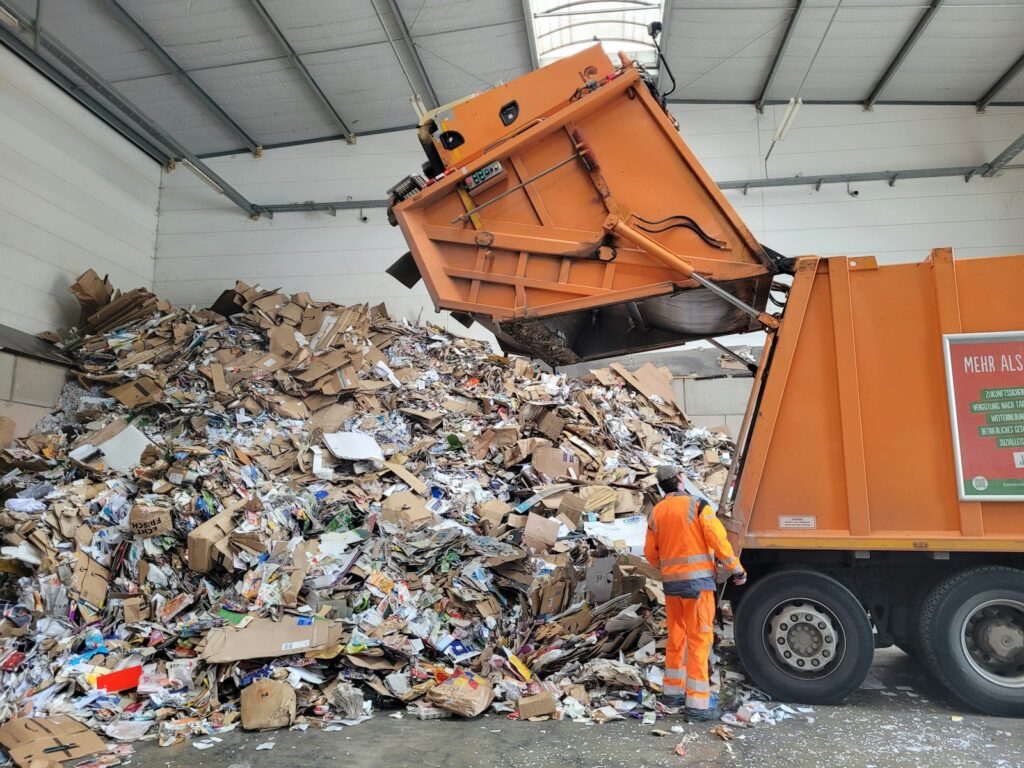The independently verifiable system will be launched at COP30 in November 2025, and is being developed through global collaboration.
Led by BSI, the UK National Standards Body which created the first ever environmental management standard in 1992, the project will help improve clarity around net zero, emissions and carbon reduction. In theory, climate action will be expediated, and become more effective.
Thousands of experts at national standards bodies in more than 170 countries are involved. These include Colombia’s ICONTEC, which is convening the process. Public consultation will begin next year, with a goal of including diverse voices in the process.
‘The launch of this standard development process is an important moment in the global effort to meet the climate challenge. While progress is being made to decarbonize key industries around the world, and many individuals and organizations are stepping up, the net zero landscape is complex and the lack of clarity risks slowing down efforts to turn ambition into action,’ said Susan Taylor Martin, Chief Executive at BSI.
‘This important collaboration, with BSI bringing together national standards bodies and their experts from around the world, represents a landmark opportunity to bring clarity, credibility and trust to the net zero transition process, and ultimately to help accelerate our common progress towards a sustainable world,’ she continued.
ISO Net Zero Guidelines will be ‘converted’ to create the new standard, which were set by BSI and an international network at COP27, facilitating organisations to create comprehensive net zero plans. By developing these into an independently verifiable net zero standard, organisations will be able to better identify and understand what steps need to be taken, and the public will have more confidence and protection from ‘greenwashing’ due to the strict requirements in assessments used to verify the credibility of specific claims.
The news comes just weeks after BSI and Oxford University published research on ‘Governing Net Zero: assessing convergence and gaps in the voluntary standards and guidelines landscape’. This revealed that 83% of UK businesses are now committed to achieving legally-binding net zero targets for the UK but 92% say there are significant barriers to this – one-in-four (23%) are not confident they will hit zero carbon by 2050, and 28% say they will be taking no action in the next 12 months. A fifth say they are uncommitted to net zero goals.
Image: Isaac Smith
More on net zero:
Milton Keynes tops list of local authorities with most green space
50% of the world feel unable to protect themselves from disasters
Lacking detail: Labour’s manifesto falls short on commitment

















